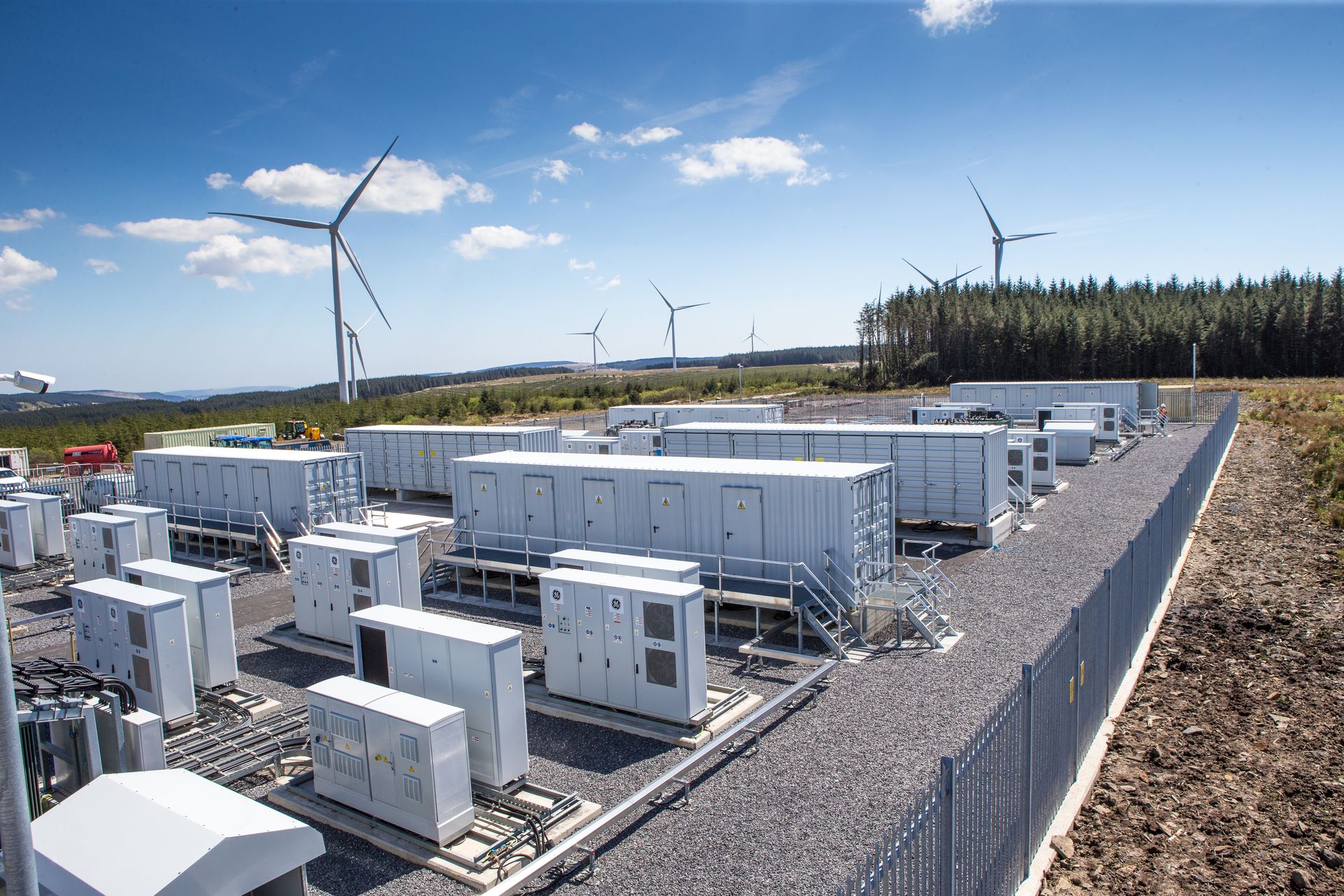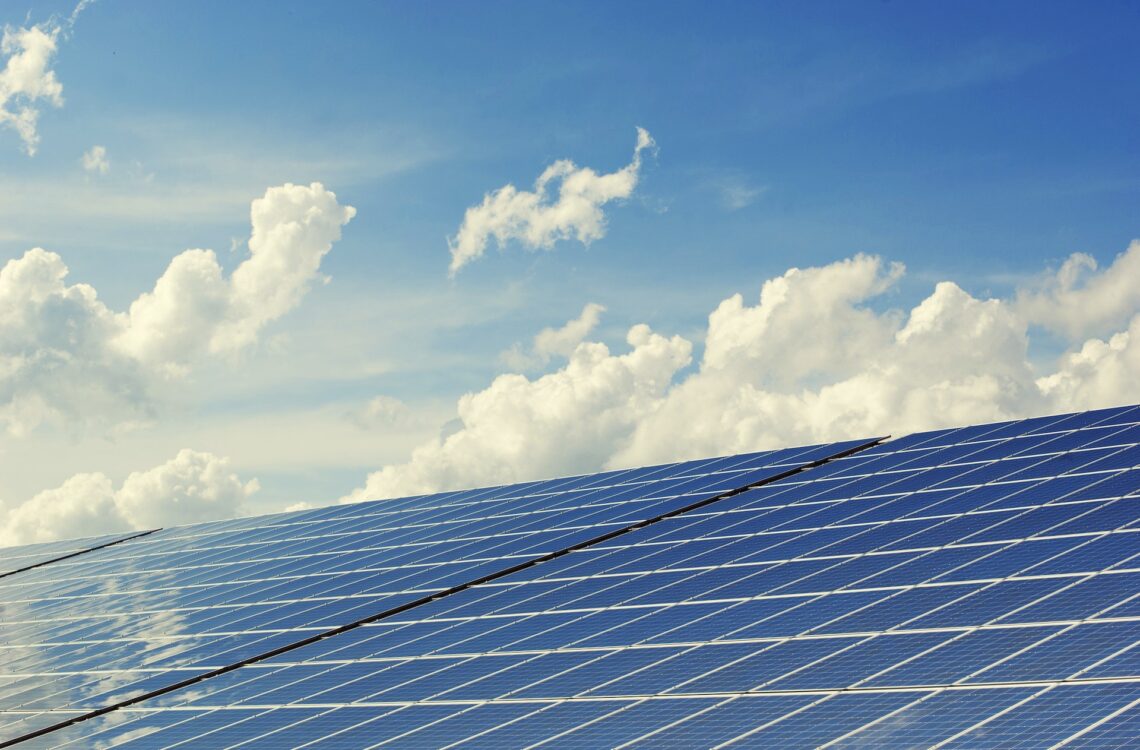Hungarian government invests in electricity storage
The gas crisis has hit Europe hard, and heads of state have to look for ways to solve the problem. A number of countries are increasing the production of energy from renewable sources, while others are looking for new suppliers of raw materials. The Hungarian government plans to devote resources to electricity generation and storage. For this purpose, 16 billion euros will be allocated by 2030, which will reduce dependence on gas imports.
Last year, Hungary signed a 15-year agreement on the supply of raw materials, 3.5 billion cubic meters were to be transported through Serbia and Bulgaria, and another 1 billion cubic meters – through Austria. However, the geopolitical conflict and sanctions on the gas exporter forced adjustments to the contract. The Hungarian government had to look for ways to reduce supplies. As part of this, the authorities canceled the restrictions for households to pay for utilities. They had been in effect for many years for households with high resource consumption. This step should reduce the use of gas by the country’s citizens, but it is still not enough to have a significant impact on the situation. The government has outlined plans to reduce the share of gas consumption in final energy use to 26% within 10 years. For comparison, last year this figure was 35%. In addition, the authorities are increasing the production of solar energy. Its installed capacity is expected to be about 8 GW in 2 years. In addition, it is predicted that by 2030 the demand for the industrial segment will significantly increase, which will entail the need for a major reconstruction of the power system and modernization of energy storage facilities. Therefore, the authorities are ready to invest in this area right now. So far, the country’s development of solar energy and its infrastructure requires special attention. It is especially important to increase the number of storage facilities and expand the power grid.
In addition, the authorities are increasing the production of solar energy. Its installed capacity is expected to be about 8 GW in 2 years. In addition, it is predicted that by 2030 the demand for the industrial segment will significantly increase, which will entail the need for a major reconstruction of the power system and modernization of energy storage facilities. Therefore, the authorities are ready to invest in this area right now. So far, the country’s development of solar energy and its infrastructure requires special attention. It is especially important to increase the number of storage facilities and expand the power grid.
According to the Minister of Energy, an increase in solar energy production will not only reduce dependence on gas imports but also relieve some of the burdens on the Paks nuclear power plant, so that its units can last longer.
In the spring, the European Commission was considering a plan to modernize the oil infrastructure, which would eliminate the supply of raw materials from sanctioned states. The new transport system is designed for a number of European countries, including Hungary. At the same time, the European Commission notes that modernization does not require large investments, in most cases, all work is reduced to the construction of additional interconnectors in one part of Europe and expanding the capacity of existing pipes – in another. However, the EU has not yet approved the plan, and it is not known when it will come into force.









